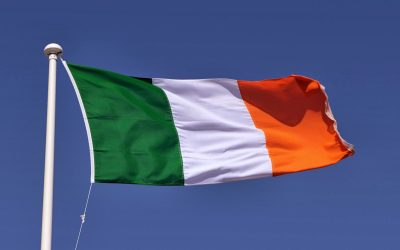Every Country has an Army; Theirs or Someone Else’s – Anon
A teenager in 1967, Canada’s Centenary, could look on their country with both hope for the future and pride in the past. Hosting Expo 67 at the same time as Canada’s centenary, the future of Canada as a middle power looked bright; socially, economically, in the Arts, on the fields of sports, and even in showcasing its military with a coast to-coast Military Tattoo (1). Canada had truly come of age and the world took note.
At that time, Canada took its responsibilities seriously for its own national security as well as its role in support of friends and allies.
Having fielded a military of over 600,000 in the First World War (2) when Canada had a population of just over 8 million (3), Canada had proven its position as a country in support of freedom. In World War 2, Canada once again answered the call, on land, sea, and air, owning one out of the five landing beaches on D Day (4), and ending the war with the third largest Navy in the World (5).
With the birth of the United Nations at the end of World War 2, Canada continued to stand with its allies for freedom and human rights. In the Korean War, of the 16 countries who deployed troops in support of the UN call, Canada sent the third largest contingent (6), behind only the USA and Great Britain. (7) In the next Decade, Canada became the mainstay force for UN peacekeeping operations worldwide (8).
Then, in the late 1960’s, Canada started to place far less importance in its own national security, in its role in international stability operations, and in security support of its allies.
Read the brief here: Redman Brief Rebuilding Canada Military (9 pages)
David Redman had a distinguished military career before becoming the head of the Alberta Emergency Management Agency in 2004 and led the provincial response to the devastating floods of June 2005. He also led the team in the development of the 2005 Provincial Pandemic Influenza Plan. He retired in 2013.



